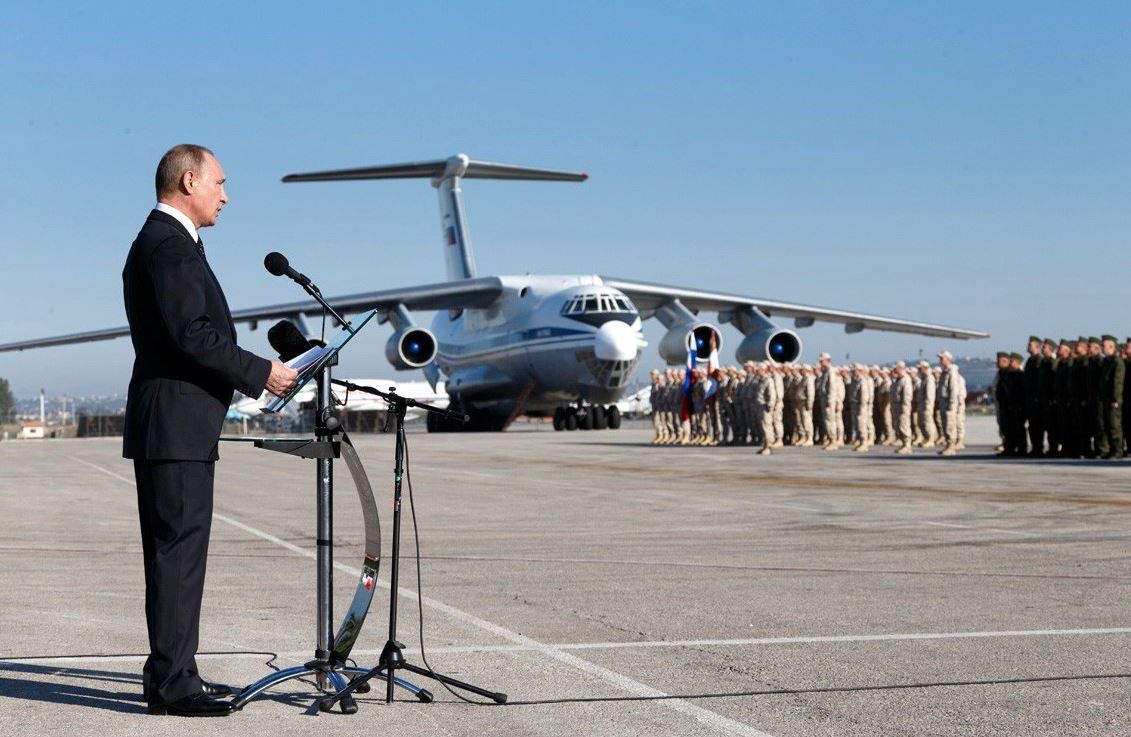Although it has neither the desire nor the financial or military capacity to actually displace the United States in the Middle East, Russia has become adept at planting itself firmly in the middle of crises and conflicts and establishing itself as an indispensable intermediary at relatively little cost. This has been most visible in Syria and Libya, where Russia and other regional powers manage the complicated political and military dynamics while the US focuses on counterterrorism operations.
Less often discussed, however, are Russia’s attempts to become a key player in both the Israeli–Palestinian conflict and Lebanon. Recent developments in both arenas may well give Russia the space to finally make itself a vital fixture.
The successful Russian intervention in Syria in 2015 is ground zero for Moscow’s ever-expanding presence. Coinciding with abortive US attempts to form an alliance with Russia against jihadist groups in Syria in September 2016—a deal that implicitly guaranteed Bashar al-Assad’s continued rule and allowed Russia to turn its attention elsewhere—Russian President Vladimir Putin offered to host a summit in Moscow between Palestinian Authority President Mahmoud Abbas and Israeli Prime Minister Benjamin Netanyahu.
Relations between the Palestinians and Russians picked up dramatically, however, following US President Donald Trump’s recognition of Jerusalem as Israel’s capital in December 2017, which led the Palestinian Authority to cut off all contacts with the US, including security ties with the CIA. Abbas himself led a high-ranking delegation to Russia in early 2018 to discuss a new multilateral format for Israeli–Palestinian negotiations with Russia at its centre.
Read the article by Oved Lobel in The Strategist.

